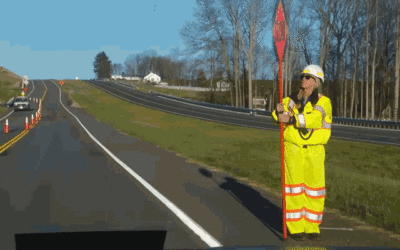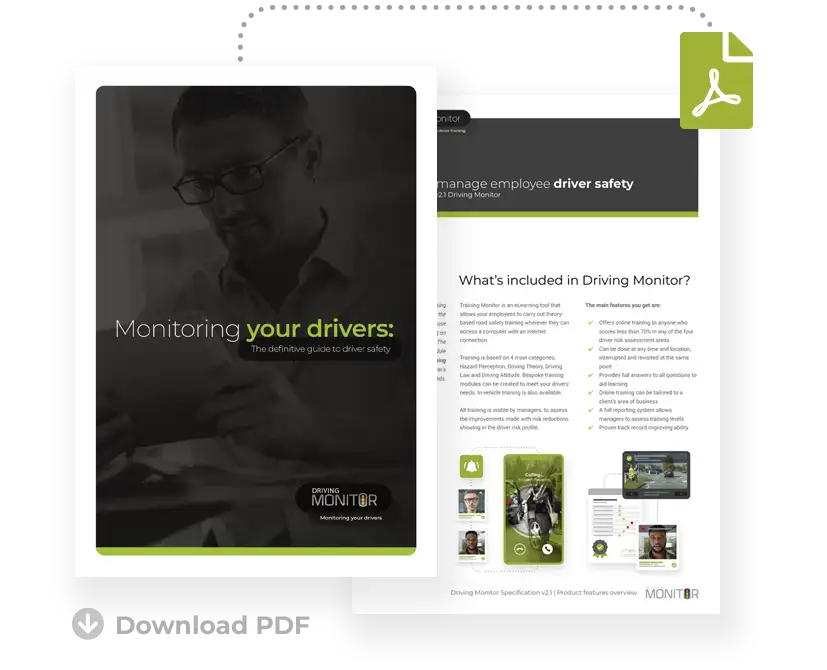Self-Driving Technology, Fleets And Transport – What’s Next?

Self-driving technology projects have been given a boost as the government announces new funding in partnership with industry to further study how it can help improve transport, with a particular focus on local transport.
The £1.3 million aims to expand the government’s commitment to new technology in the driving sector and autonomous driving technology is at the heart of that.
The new studies will specifically explore how self-driving technology could be cheaper, achieve lower emissions and increase the safety and security of fleets and transport generally.
Funding will focus on areas where congestion is a particular issue, including in Hertfordshire, Essex, Cambridge, Birmingham, Solihull and Milton Keynes.
What’s The Latest With Autonomous Vehicles In The UK?
Plans for self-driving vehicles to hit the roads by 2025 are already underway, with the government keen to continue research and testing ahead of implementation.
More than £100 million in funding has been allocated to projects and research could include things such as tests on the performance and safety of autonomous vehicles in poor weather conditions such as heavy rain, snow, and fog.
One of the biggest concerns around self-driving vehicles has always been how they will interact with other road users and pedestrians.
That’s why research will be undertaken to see how the vehicles interact with cyclists, pedestrians, horse riders and other road users, particularly in stressful, difficult, and potentially dangerous situations.
It could end up being sooner than 2025 that self-driving vehicles are active on the roads, though, with the government planning several test phases to gradually introduce them. Those tests include coaches, buses, lorries, cars and other vehicles with some self-driving features being allowed on motorways over the coming months.
The government is looking to capitalise on the emerging self-driving market which experts predict could be worth an estimated £42 billion and create more than 30,000 jobs over the next few years.
How Safe Are Self-Driving Vehicles?
The big question for many fleet owners and for drivers in general is… how safe are self-driving vehicles?
It’s a legitimate concern and public perception of autonomous vehicle safety will be crucial to how quickly the technology is adopted by industry and private owners alike.
The reality is that the tolerance for incidents involving self-driving vehicles is always going to be lower, no matter what the statistics say. That’s why the government is adopting a rigorous plan for testing phases that allows them to research and gather data on performance and eliminate any potential issues.
One aspect that’s still in development is the treatment of autonomous vehicles from a legal perspective, including responsibility and how they’ll function. The government has, however, confirmed that the use of mobile phones will be illegal for vehicles in self-driving mode.
What do you think of the prospect of self-driving commercial vehicles being on the road? Would you consider autonomous vehicles for your fleet? Let us know in the comments below.










